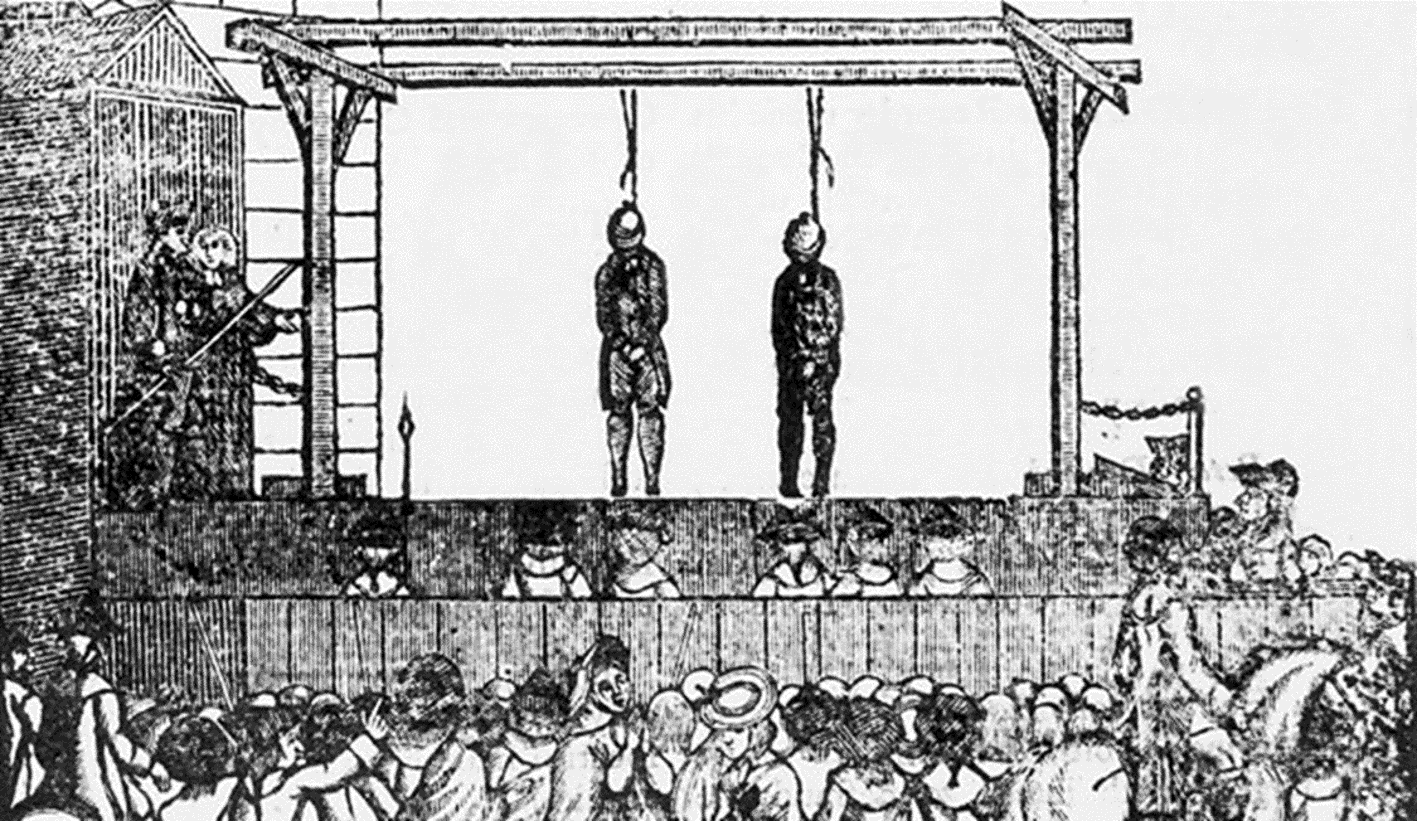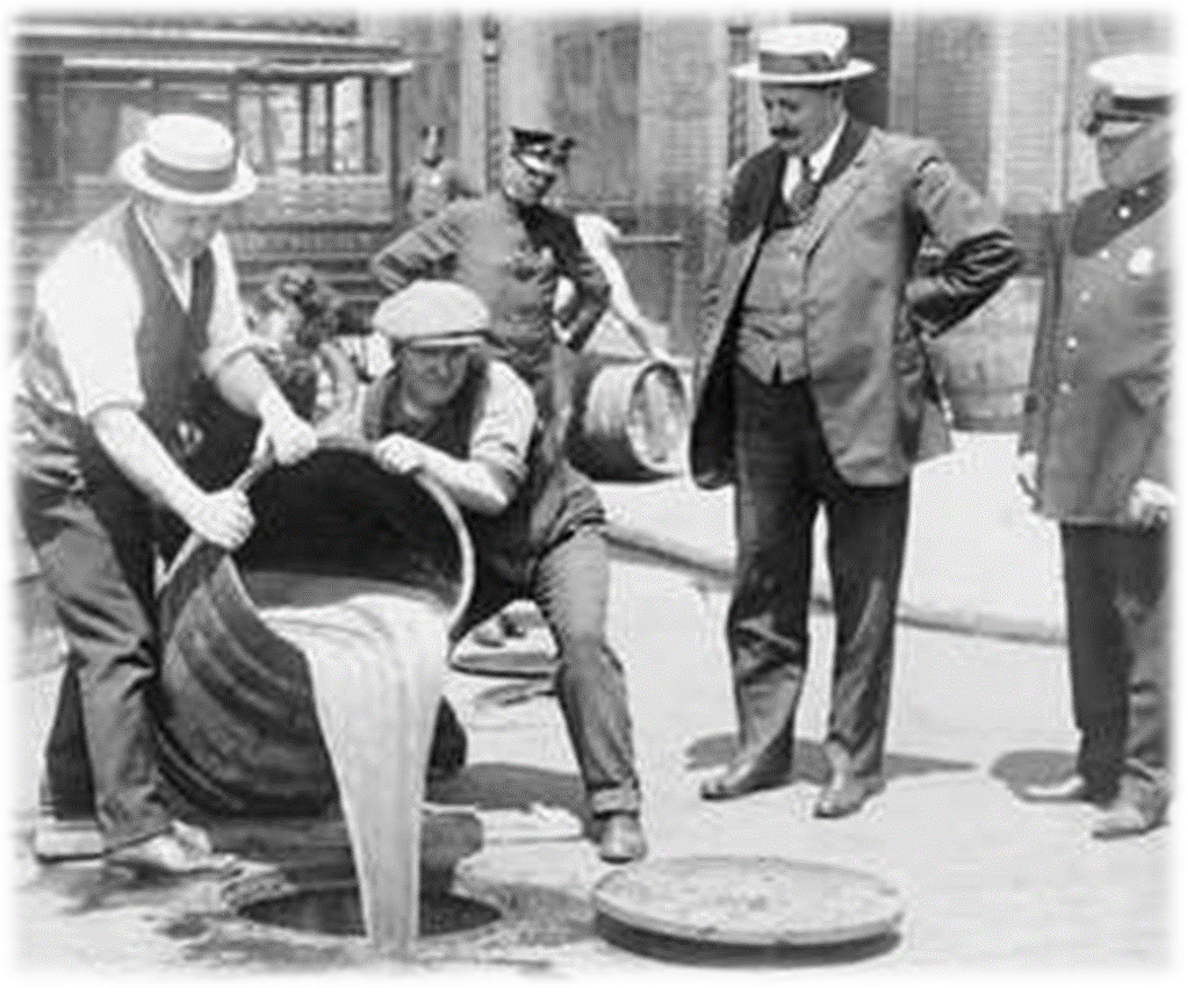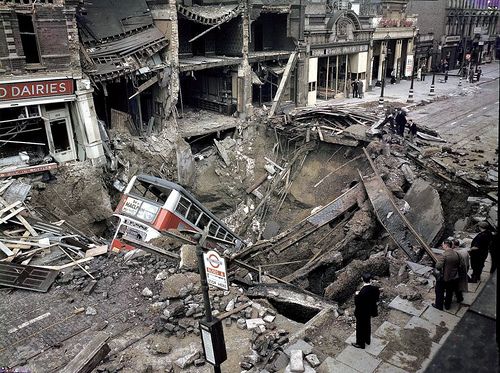History
 The teaching of History is delivered with enthusiasm and passion, with members of staff caring about the impact it has on pupils’ learning and development.
The teaching of History is delivered with enthusiasm and passion, with members of staff caring about the impact it has on pupils’ learning and development.
At GCSE, pupils study 1920s America, the changes
in crime and punishment from 1500 in Britain, and
finally, an in-depth study of Britain from 1930-1951.
Staff
| Staff Members | Responsibility |
|---|---|
| Victoria Thomas | Year 10 Standards Manager |
| Jonathan Powell | Teacher |
Years 7 and 8
History at Key Stage 3 is delivered as part of a Humanities programme that includes Geography and Religious Studies.
Years 9, 10 and 11 GCSE Option
The GCSE History course covers a wide range of Welsh, British, European and World History. Year 9 pupils study the USA in the 1920s and the changes in American society. This includes  investigations into racism including studies into the Jim Crow Laws, Segregation, the Ku Klux Klan, and the Civil Rights Movement. It also looks at the era of prohibition, including studies into the St Valentine’s Day Massacre and the infamous Al Capone.
investigations into racism including studies into the Jim Crow Laws, Segregation, the Ku Klux Klan, and the Civil Rights Movement. It also looks at the era of prohibition, including studies into the St Valentine’s Day Massacre and the infamous Al Capone.
In Year 10 pupils study the very popular crime and punishment course. This measures change and continuity from the sixteenth century up until the present day; studying crimes such as heresy, highway robbery and even modern day internet scams. The changes in attitudes to punishments are also covered, including the abolition of the death penalty. Also, during Year 10, pupils begin their coursework which will develop the skills of an historian.
Finally, in Year 11, pupils will study Britain in the Second
World War.
This includes the pre-war depression years, the major events of the war, such as the Blitz and then post-war recovery, ending in the establishment of the NHS.
The subject content for GCSE History will be assessed in three written examinations and a non-exam assessment (NEA).
USA – A Nation in Contrast (1910-1929): Written examination: 1 hour 25% of qualification 50 marks
Great Britain during the Second World War: Depression, War and Recovery (1930-1945) Written examination: 1 hour 25% of qualification 50 marks
Crime and Punishment (1500 – present day): Written examination: 1 hour 15 minutes 30% of qualification 50 marks
Non-Examined Assessment 20% of qualification 40 marks
WHERE IT WILL TAKE ME
If you are interested in making sense of today’s world you should study History. The skills remain with you for life: the ability to explain; to research independently; to think critically. These can be applied in other areas, not just obvious career options such as law, politics or journalism. Most importantly, you gain an ability to make sense of events in an ever-changing world.
CAREER ROUTES
History is a valued qualification for an infinite number of courses. It is often valued by universities for students studying seemingly unrelated subjects, such as medicine, the sciences or engineering, as it demonstrates a wider interest and useful skills that perhaps not all candidates will possess. Courses with an obvious link include: History, Welsh History, Politics, Law, Education, Archaeology, Heritage and Tourism. Career paths include areas such as Law, Politics, Journalism, Education, Archaeology, Tourism and Heritage.
FUTHER INFORMATION
If you have any further questions about the course, you can speak to Mrs V Thomas.

